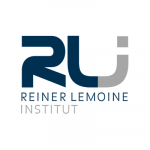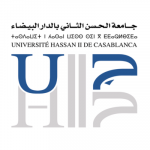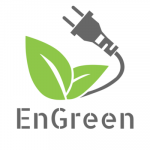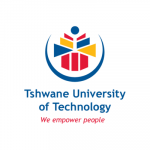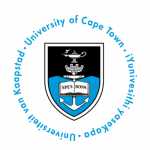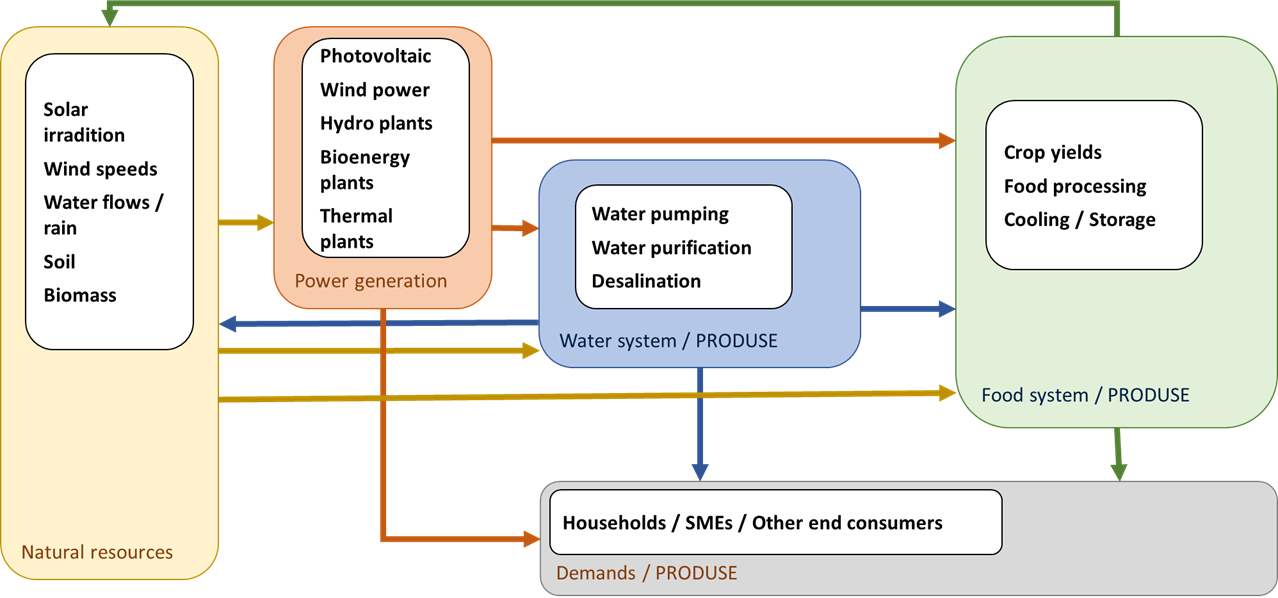The two-day OPTiMG project kick-off meet...
Continue →Coordinator of the project:
Reiner Lemoine Institut (Philipp Blechinger)
Partners list :
- Reiner Lemoine Institut (RLI) – Germany
- Green Energy Park (GEP) – Morocco
- Hassan II University of Casablanca (H2UC) – Morocco
- University of Cape Town (UCT) – South Africa
- Tshwane Un. of Technology (TUT) – South Africa
- EnGreen Solutions (EGS) – Italy
Overall Objectives
The main objective of OPTiMG is to promote the use of decentral renewable energy and storage technologies for sustainable development via improved understanding of WEF-systems and project development of iMGs. Adding to the LEAP-RE RE4AFAGRI project’s regional modelling approach to foster RE development for agricultural transformation, OPTiMG aims to facilitate the demand assessment and design optimization for water-energy-food mini grids on the local level through open tools inspired by demonstration sites.
Context: why is this action necessary?
In Africa, more than 600 Million people suffer from lack of access to electricity and many more from unreliable energy supply, hampering economic development and access to water and food supply. In regions with underdeveloped and unreliable grids, off-grid or interconnected mini grids can provide clean and affordable electricity. When integrated into water-energy-food (WEF) systems, the mini grids also support additional productive uses. These integrated mini grids (iMGs) for WEF systems combine different RE technologies, storage systems and productive uses via smart control systems. Decentralized integrated water, energy, food systems can be the ideal testbed to develop transformation pathways towards renewable energy and sustainable infrastructure.
What are the concrete actions that will be implemented?
OPTiMG will thoroughly assess the needs of WEF consumers and derive application cases for integrated waterenergy-food systems. Based on this, the project will develop a user-friendly open-source demand assessment tool and a supply planning tool and apply them to the application cases. Results will be discussed with stakeholders and translated into recommendations for implementing application cases. The project will be accompanied by extensive training and dissemination capacities to increase the direct impact. We will focus on application cases in Morocco and South Africa covering a comprehensive range of socio-economic and environmental conditions to make the results useful for applications across diverse contexts.
What is the expected impact of the project?
OPTiMG will be ised to tackle the overarching challenges of limited, unreliable, and unequal access to sustainable energy supply for PRODUSE technologies in many African countries, which also limit access to safe water, reduce agricultural yields, and hamper the transition to clean cooking technologies.
The project should help improving and accelerating access to reliable energy through improved project development of iMGs. The detailed study of WEF application cases and their representation in the tools lead to increase in productive-use of energy for e.g. water pumping and agricultural processes which provides more income for rural communities and improved public infrastructure for educational, health, and food services. Finally, the use of renewable technologies in future iMGs will reduce CO2 emissions and increase reliability of the power sector and water and food supply.

